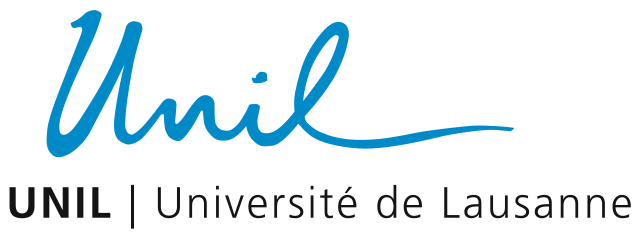The breadth, depth, and paradoxicality of Rousseau’s political project make it an essential historical reference point for contemporary social and political philosophy. His conception of the general will is, of course, one of the classic statements of democratic theory. The presence of both fundamentally liberal and communitarian moments in his politics make him relevant for contemporary thinkers of both orientations. His analysis of the pathologies of modern society has been hailed as the founding analysis of modern social philosophy (Honneth). Rousseau is also considered by many as the most important republican theorist in the age of Enlightenment.
Ironically, the best-known present-day representative of neo-republican political philosophy – Philip Pettit – has dismissed the political philosophies of Rousseau and Kant as grounding a Franco-German communitarian tradition from which, after them, the concept of liberty as non-domination, and hence the last vestiges of the Italian-Atlantic tradition of republicanism slipped away. Lacking in Rousseau, according to Philip Pettit, are the republican ideals of a mixed constitution and a contestatory citizenry. Rousseau’s sovereign is one and indivisible in Hobbesian fashion, Pettit contends, and the Rousseauian citizenry, while participating in making the law, is supposed to quietly submit to it afterwards. Now while a judgment on the precise measure of compatibility with the Italian-Atlantic republican tradition of Rousseau’s ideas on constitution and role of citizenry may remain open to contestation, it is fair to say that there is at least more classical republicanism in them than Pettit is willing to admit. Rousseau has a republican eye for the historicity and fragility of constitutions and the way in which they are to provide liberty for particular peoples, and his account of the public-spirited citizen connects closely with the republican legacy. The kinship on these and like issues between Rousseau and Machiavelli, the greatest hero of the Italian-Atlantic tradition, has been noted many times.
This workshop aims to contribute to the understanding of the contemporary relevance of this “pragmatic”, statecraft-orientated side of Rousseau’s political philosophy. Thus, our goal is to look beyond, say, abstract analyses of the validity of Rousseau’s concept of the general will in relation to ideal political theory, to questions concerning the way in which, according to Rousseau, a collective life under the general will can come to fruition in particular republics, and the concrete ways in which citizens can contribute to establishing lasting liberty. More generally, our interest lies in questions concerning the stability and flourishing of socio-political orders, and the way in which Rousseau’s political project contributes to our insight in such questions. In relation to that, a key point of interest also lies in Rousseau’s negative judgment on the alienated condition of the citizens of the urbanized societies of his time – the measures of his political project can be seen as an attempt to overcome such modern alienation and enslavement. In combining politics with thoroughgoing social-psychological analysis (i.e., reflection on the role of passions and emotions), Rousseau continues to be of interest for those who wish to move beyond ideal theory and to make the most of social and political realities as they are. Liberals and republicans who focus on realizing a variant of negative liberty have been said to have a blind spot for the manner in which social pathologies can stand in the way of citizens’ actually seizing the opportunities of a formally free society.
The workshop is organized in the context of the Marie Sklodowska-Curie project “Eighteenth-Century Republicanism and the Critique of Commercial Society: The Case of Jean-Jacques Rousseau and Adam Ferguson” (researcher: Dr. Rudmer Bijlsma; supervisor: Prof. Dr. Simone Zurbuchen), and will be hosted at the Philosophy Department of the University of Lausanne, which has a keen interest in bringing together researchers working in different contexts. The research project scrutinizes Rousseau’s and Ferguson’s diagnoses of the ills of commercial society and the republican remedies they propose. It also aims to assess the contemporary relevance of the so-called “partisan republicanism” of the two philosophers. Therefore, in addition to papers that focus on Rousseau, we also welcome papers that link Rousseau to the Scottish tradition, and that from this combined perspective engage with contemporary political philosophy. While we have a specific interest in republican political thought, we welcome papers that address the pragmatic dimension of Rousseau’s politics as described above in relation to any branch of present-day social and political philosophy.
